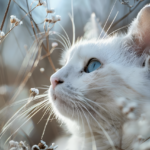Isn’t it almost comical when your usually graceful cat slips off the couch or falls off a windowsill? For a split second, you might notice their wide-eyed look, a sudden freeze, or a hasty attempt to groom themselves as if nothing happened. But behind these adorable antics, a big question lingers: do cats actually feel embarrassment, or are we just projecting our feelings onto them? Let’s dive deep into the whiskered world of feline emotions and see what science—and cat lovers everywhere—can tell us.
What Is Embarrassment, Anyway?

To start off, let’s unpack what embarrassment really means. For humans, embarrassment is that hot flush on your cheeks when you trip in public or say something awkward in front of your crush. It’s a deeply social emotion, often tied to how we think others see us. But here’s the twist: cats don’t have the same kind of social pressures humans do. Their world isn’t built around public opinion or social status in the same way. So, while we might cringe at our own clumsy moments, it’s not clear if cats even care about being judged.
The Science of Feline Emotions

Scientists agree that cats have emotions, but the range and depth are still debated. Cats definitely feel fear, contentment, excitement, and even frustration. But embarrassment? That’s a trickier territory. Most research focuses on observable behaviors, like how a cat reacts to being startled or scolded. While cats show signs of stress or discomfort, true embarrassment is tough to pin down. It’s a subtle, complex emotion, and there’s no clear biological marker for it in cats. Still, anyone who’s ever owned a cat knows they can act suspiciously sheepish after a blunder.
Body Language: What Are Cats Really Saying?
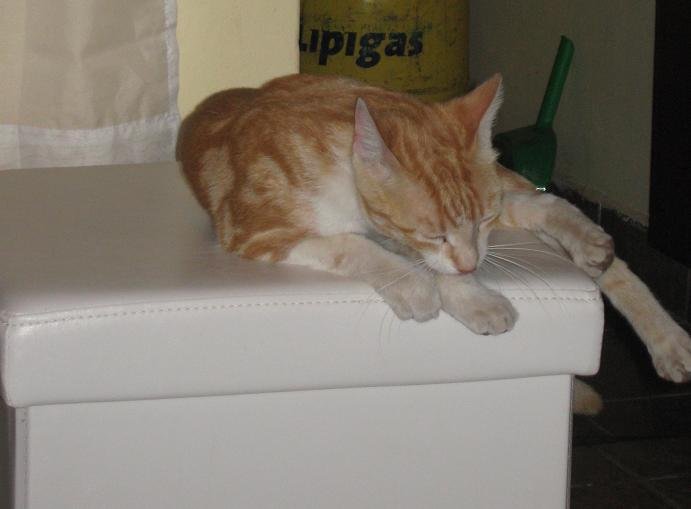
After a tumble or a missed jump, many cats seem to “play it cool” by grooming themselves or strutting away with their tails in the air. Some people swear their cats look “embarrassed,” but is that what’s really going on? Feline body language is subtle and layered. Licking their paw or avoiding eye contact could mean your cat is stressed or just trying to self-soothe after a surprise. It’s tempting to see these behaviors as embarrassment, but they may simply be ways to calm down.
Are We Projecting Human Feelings Onto Cats?
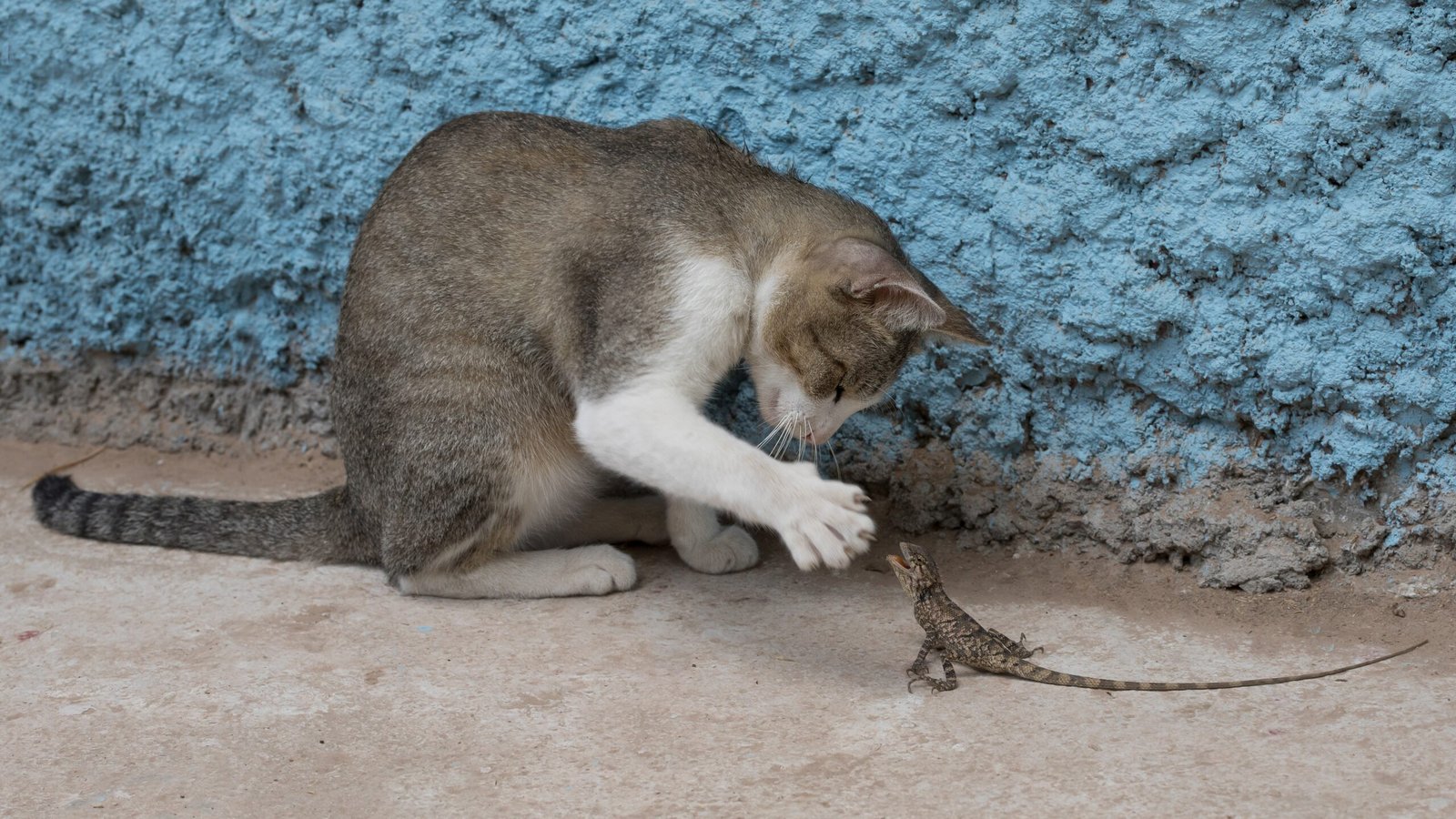
Humans love to anthropomorphize animals—meaning we put our own feelings and thoughts into their actions. When your cat does something awkward and then acts funny, it’s easy to imagine they feel the same way you would. But this projection can blur the lines between genuine animal emotion and human imagination. While it makes for hilarious stories, it’s important to remember that cats don’t experience life exactly as we do.
The Role of Social Structure in Embarrassment
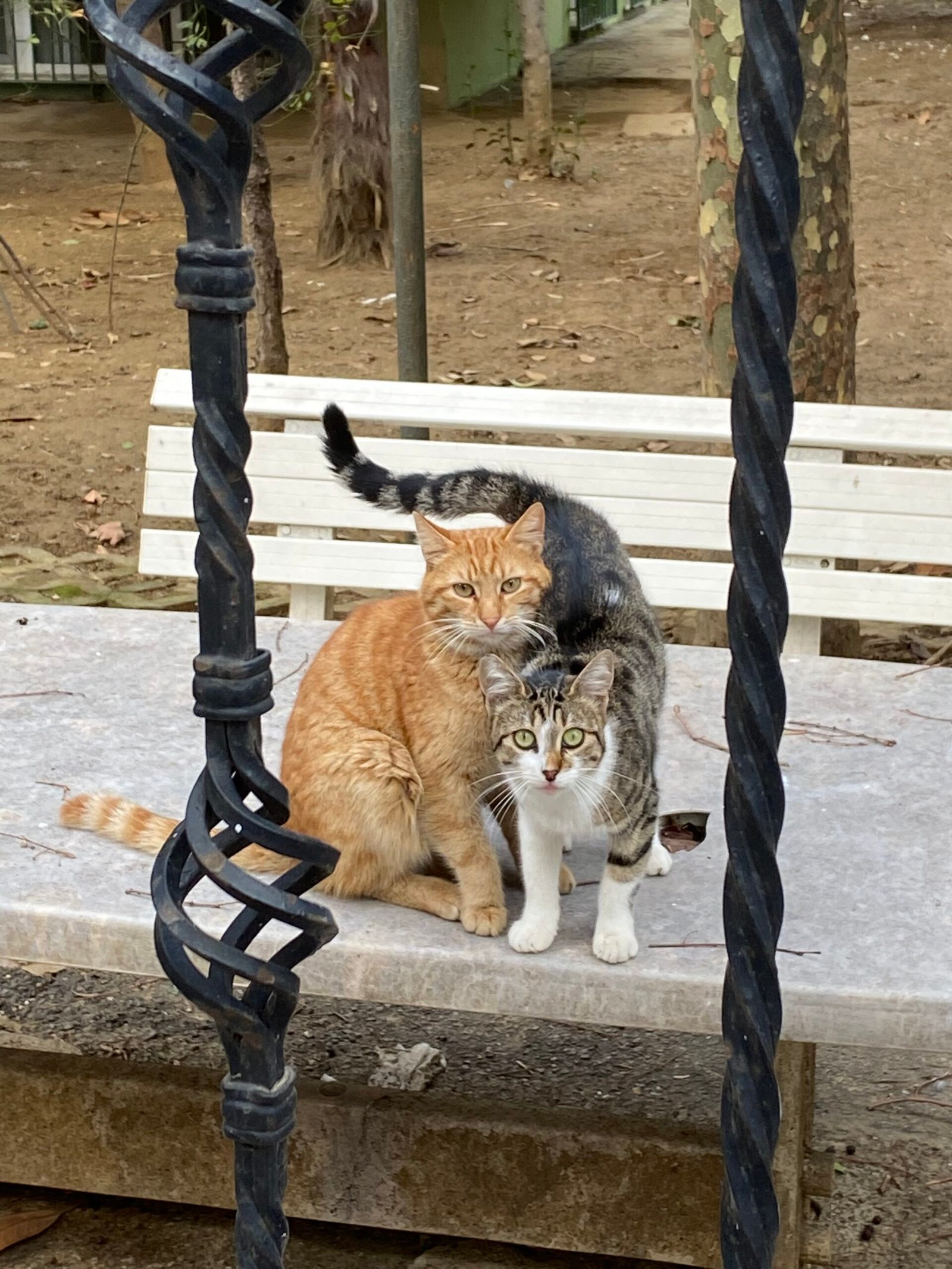
Embarrassment in humans often comes from social situations. We worry about being judged or losing face in front of others. Cats, however, are more solitary by nature. Even in groups, their social hierarchies are less rigid than those of dogs or primates. This suggests that the drive to avoid embarrassment is probably less important for them. So, while your cat might notice your reaction to their mishap, they’re not likely worrying about what the neighbor’s tabby thinks.
Cats and Self-Awareness: Do They Know When They Mess Up?
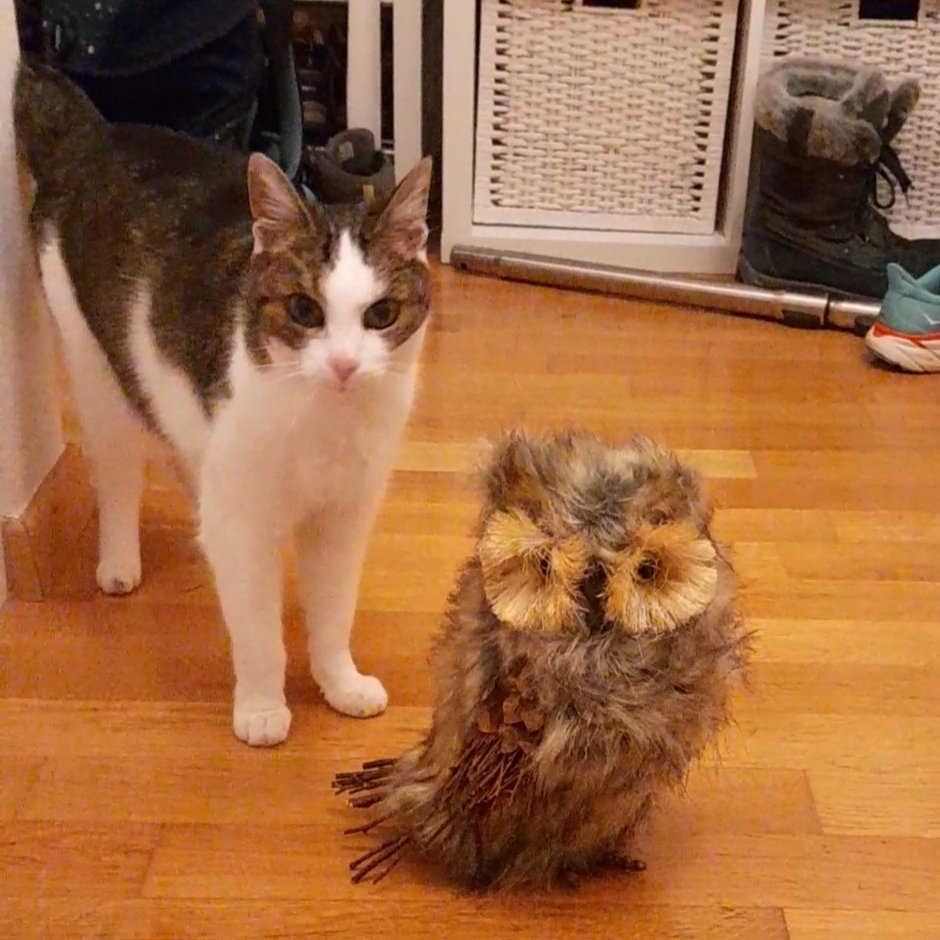
One of the keys to embarrassment is self-awareness—the ability to recognize yourself and your own actions. Studies using mirrors and other tests suggest cats don’t have the same kind of self-recognition as some animals, like dolphins or magpies. That means they might not even realize when they’ve made a mistake. Still, the way they react to accidents—like darting away or acting extra nonchalant—makes you wonder if there’s more going on beneath the fur.
The Grooming Response: A Clever Distraction?
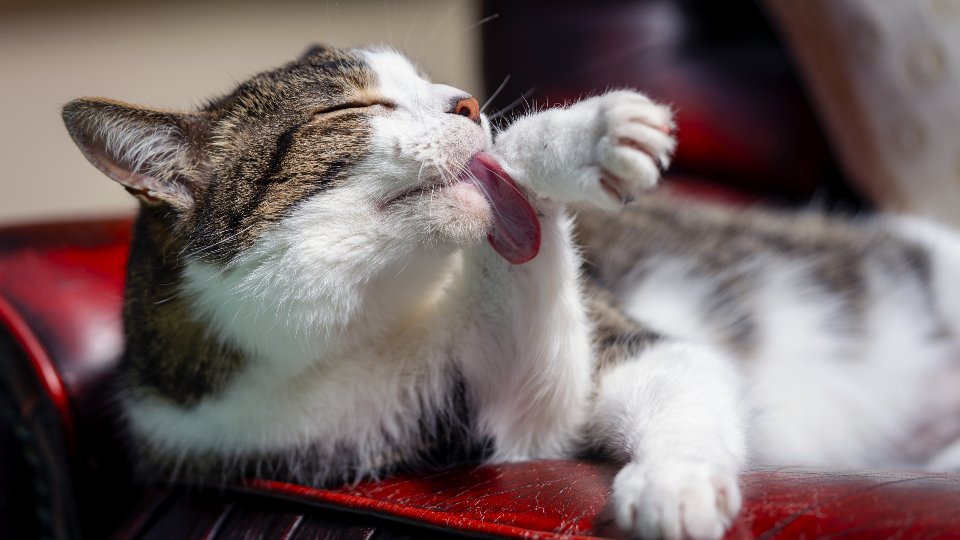
After a blunder, many cats immediately start grooming themselves. This might look like embarrassment, but it’s actually a classic feline stress response. Grooming calms them down and helps them refocus. Think of it as their version of taking a deep breath or fiddling with your phone when you feel awkward. It’s not so much about hiding their slip-up as it is about regaining their cool.
The Freeze or Flee Instinct
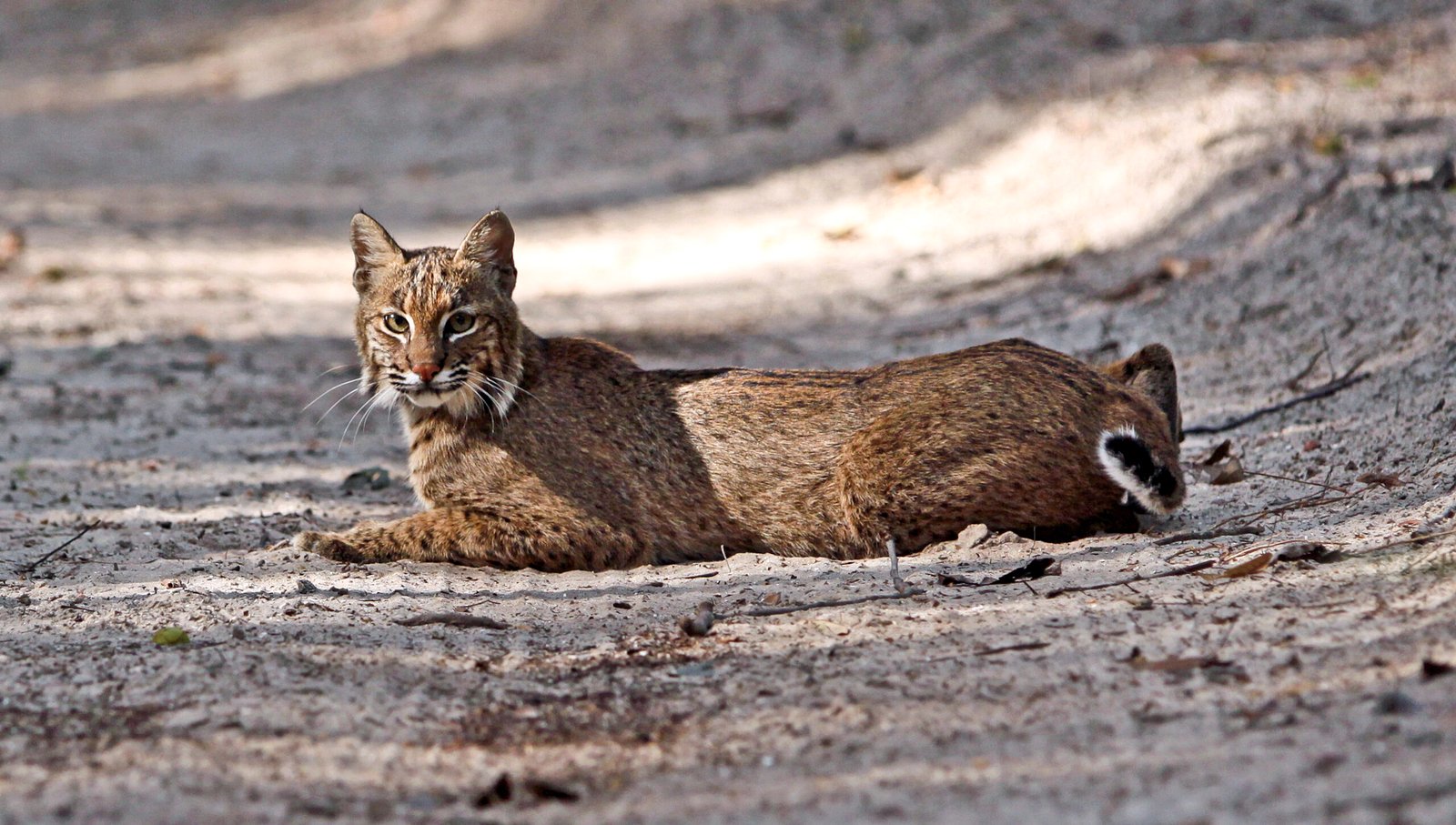
Ever noticed your cat suddenly freeze after a failed leap, before bolting to another room? This “freeze or flee” response is deeply rooted in their survival instincts. In the wild, drawing attention to yourself after a mistake could mean danger. By freezing or running away, cats avoid looking vulnerable. While it might seem like embarrassment, it’s more about staying safe.
Do Cats Remember Their Mistakes?
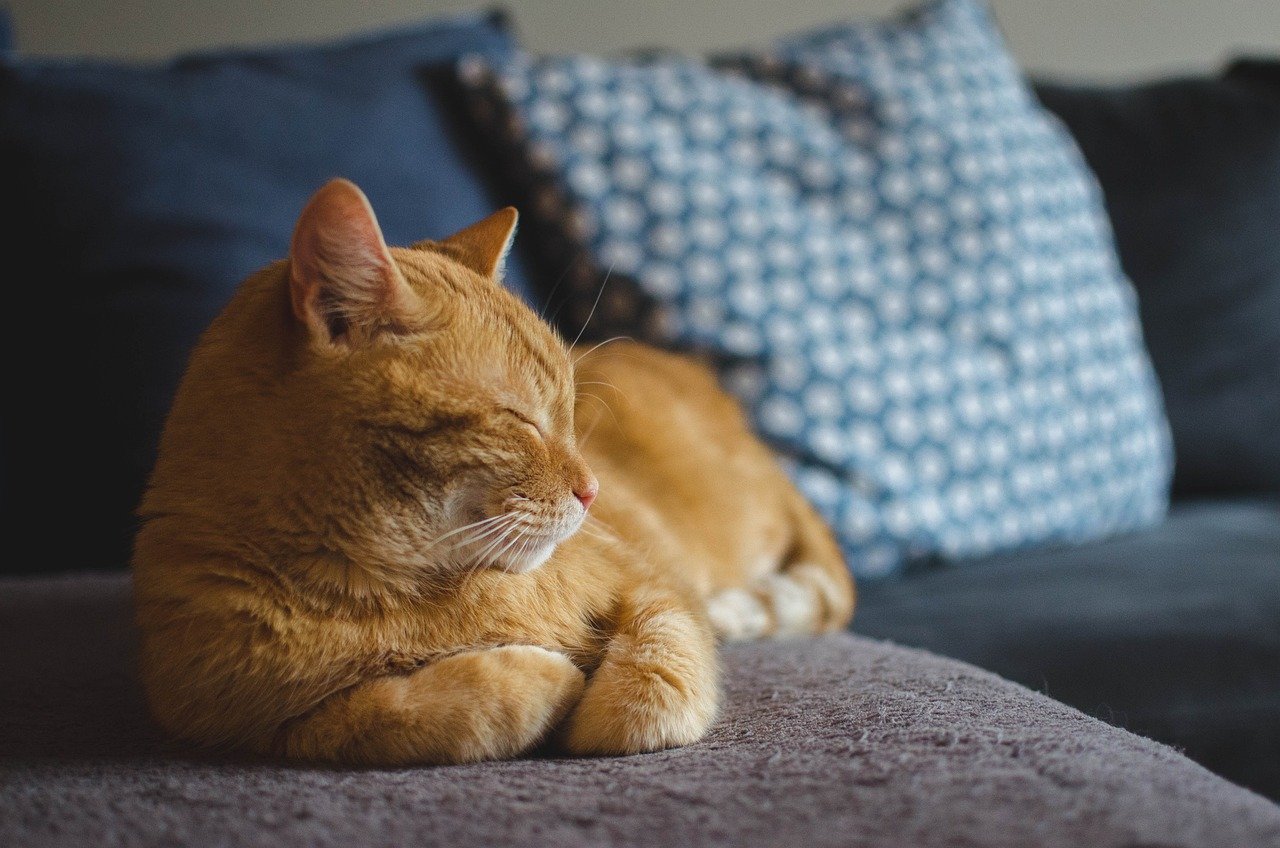
Another piece of the puzzle is memory. Do cats remember their awkward moments? Research shows cats have excellent memories, especially for things that impact their well-being. If your cat fell from a counter and got startled, they may avoid that spot for a while. But are they haunted by the memory, feeling embarrassed each time they walk by? Probably not. They’re more likely to remember the danger than the “social” gaffe.
Human Reactions and Cat Behavior
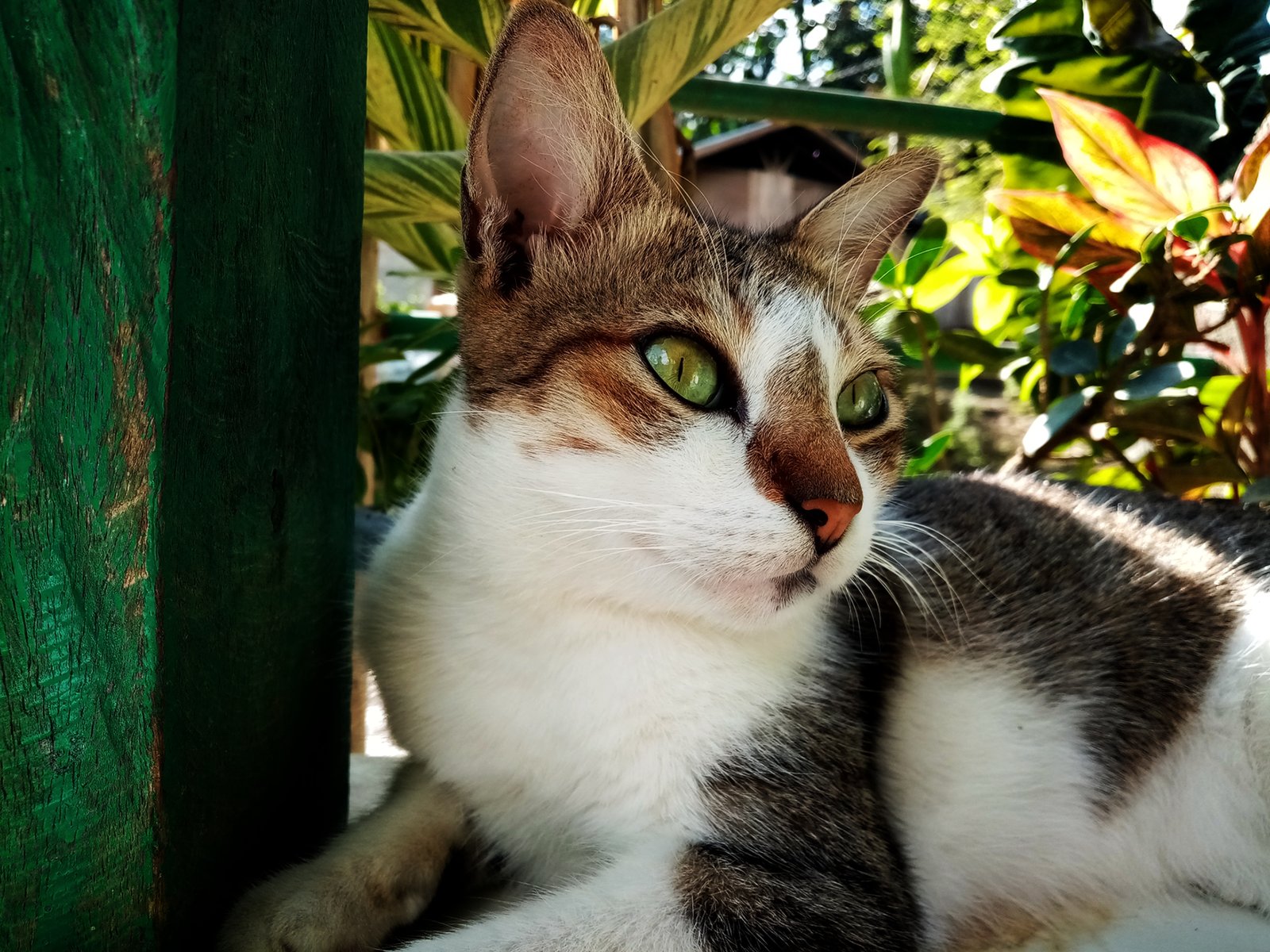
How you react to your cat’s fumbles can shape their response. If you laugh, gasp, or rush over, cats might pick up on your energy. Some become more cautious, while others seem unfazed. Your reaction can influence whether your cat feels safe or stressed, but it’s not clear if it causes embarrassment. More likely, they’re responding to your tone and actions, not a sense of shame.
Embarrassment Versus Fear or Anxiety

It’s easy to confuse embarrassment with fear or anxiety. A startled cat might slink away with ears back or a puffed-up tail, which looks a lot like shame. But these are really signs of stress, not embarrassment. Cats are experts at hiding discomfort, and what you see as a bashful retreat might just be a way to avoid further surprises.
Examples from the Wild: Big Cats and Blunders

Even big cats like lions and tigers make mistakes. They trip, miss prey, or fumble during play. In the wild, these cats rarely show signs of embarrassment. Instead, they quickly move on, focusing on the next opportunity. This resilience hints that embarrassment, as we know it, isn’t part of the feline playbook—even for their wild cousins.
Kitten Antics: Do Young Cats Get Embarrassed?
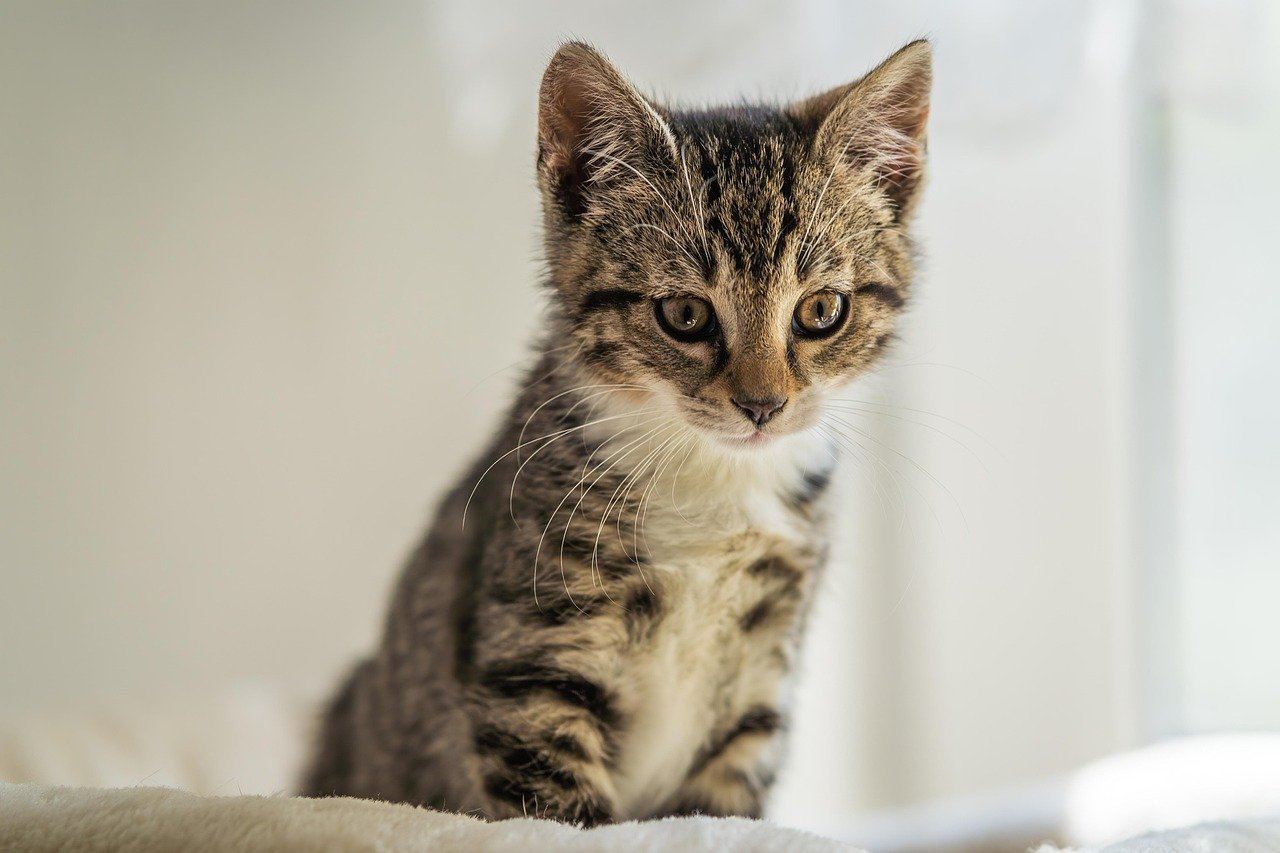
Kittens are bundles of energy and clumsiness. They tumble, pounce, and sometimes land in hilarious positions. If embarrassment were part of their emotional world, you’d expect kittens to show it. Instead, they bounce right back, ready for the next adventure. Their carefree attitude suggests they’re more interested in exploring than worrying about looking silly.
Cats in Multi-Pet Households

In homes with multiple pets, you might wonder if cats feel embarrassed in front of their furry housemates. Sometimes, a cat that slips up will avoid the others or act especially aloof. It’s tempting to see this as embarrassment, but it’s more likely about maintaining personal space or avoiding conflict. Cats value their independence, even in a crowd.
How Breed and Personality Affect Reactions

Cats come in all shapes, sizes, and personalities. Some are bold and unflappable, while others are shy and sensitive. A confident Maine Coon might shrug off a misstep, while a timid Siamese could hide after a blunder. These differences are more about temperament than embarrassment. Just like people, some cats are more easily rattled than others.
Does Embarrassment Serve Any Purpose for Cats?
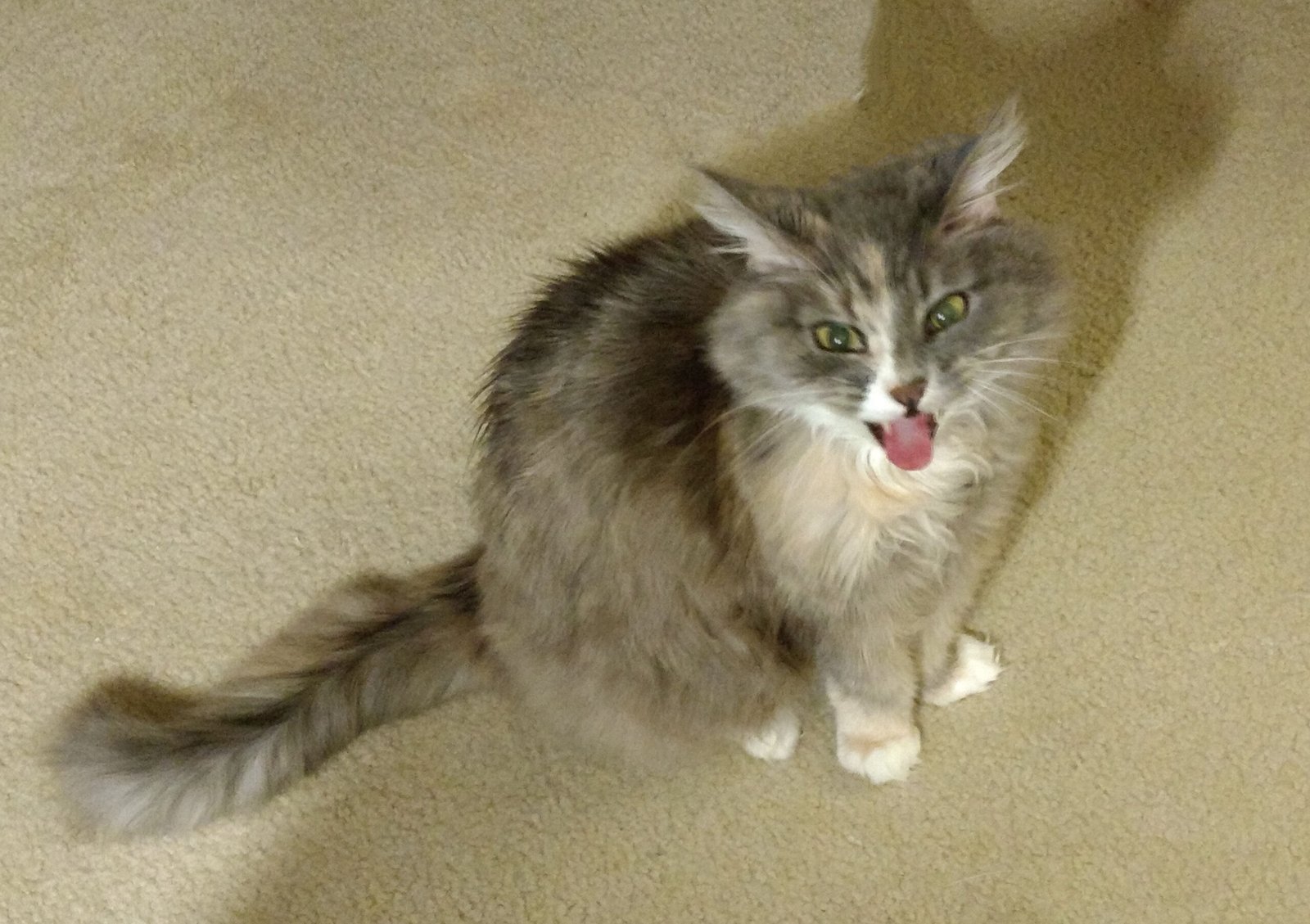
For humans, embarrassment helps us learn social rules and avoid repeating mistakes. For cats, the benefit isn’t so clear. If they don’t rely on social approval, there’s little reason to develop embarrassment. Instead, their emotional toolkit is packed with responses that help them survive—like fear, caution, and curiosity.
Humor and the Cat-Human Bond

Let’s be honest: cats’ awkward moments are a big part of why we love them. Their ability to turn a failed jump into a regal walk or a quick grooming session is downright charming. While they might not feel embarrassed, their antics create hilarious, heartfelt moments that deepen our bond. It’s hard not to feel closer to your cat after sharing a good laugh.
What Experts Say About Feline Embarrassment
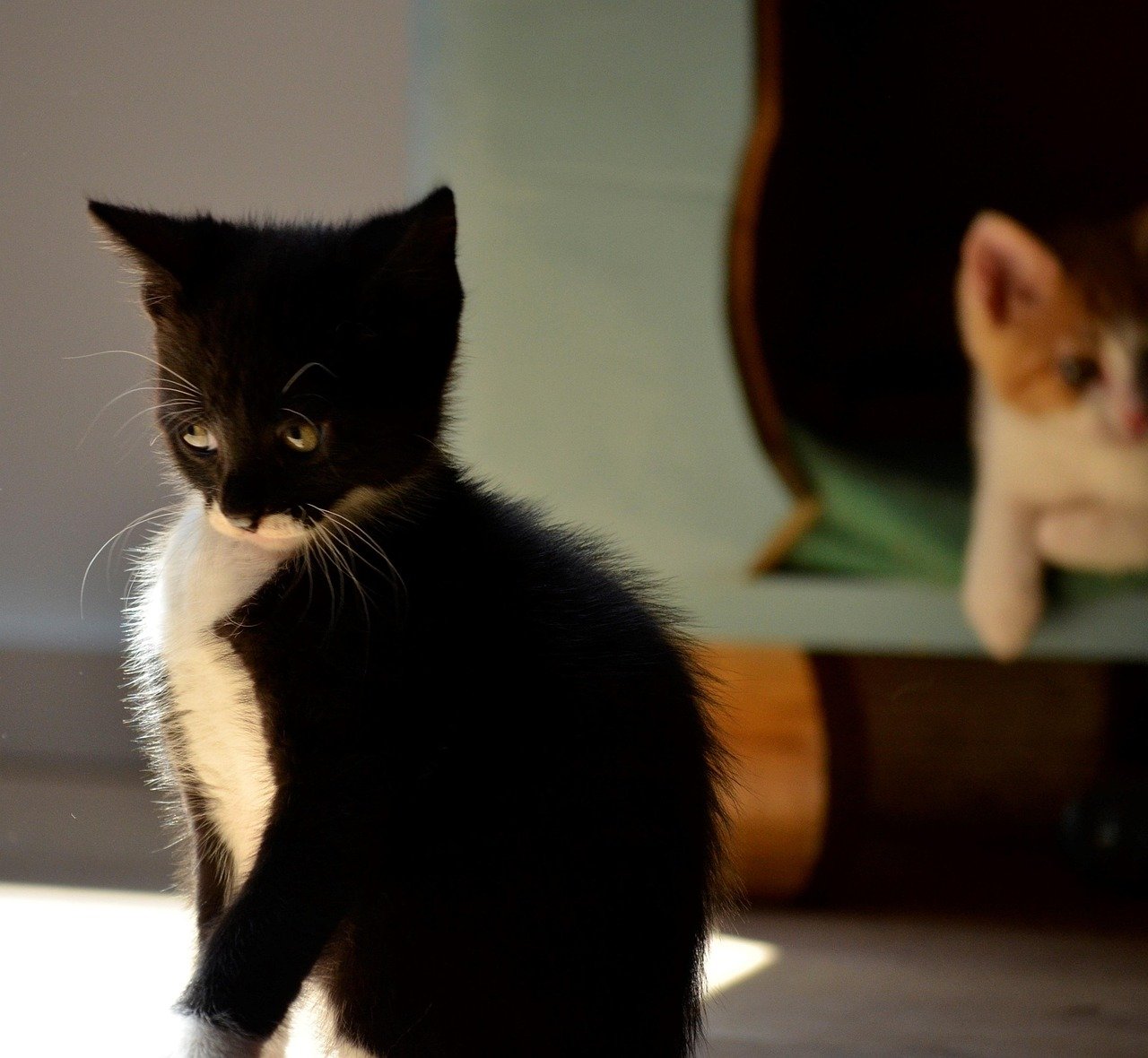
Veterinarians and animal behaviorists tend to agree: there’s no solid evidence that cats experience embarrassment the way humans do. Most so-called “embarrassed” behaviors are actually about stress, self-soothing, or avoiding attention. Still, many experts admit there’s a lot we don’t know about the feline mind. As one behaviorist put it, “Cats keep their secrets close.”
Why We Want Cats to Feel Embarrassment

Why do we love the idea of cats being embarrassed? Maybe it’s because it makes them more relatable, or maybe it’s just fun to imagine our pets sharing in our daily awkwardness. Anthropomorphizing our cats brings us comfort and laughter, even if it’s not scientifically accurate. It’s part of what makes living with cats so endlessly entertaining.
So, Do Cats Feel Embarrassment?

After all the evidence and adorable anecdotes, the answer is still a bit murky. While cats display behaviors that look like embarrassment, science suggests they’re driven by other emotions—like stress or the need to self-soothe. But just because cats don’t feel embarrassment the way we do doesn’t mean their emotional lives aren’t rich and fascinating. They have their own unique ways of coping, reacting, and keeping us guessing.
Hi, I’m Bola, a passionate writer and creative strategist with a knack for crafting compelling content that educates, inspires, and connects. Over the years, I’ve honed my skills across various writing fields, including content creation, copywriting, online course development, and video scriptwriting.
When I’m not at my desk, you’ll find me exploring new ideas, reading books, or brainstorming creative ways to solve challenges. I believe that words have the power to transform, and I’m here to help you leverage that power for success.
Thanks for stopping by, Keep coming to this website to checkout new articles form me. You’d always love it!

